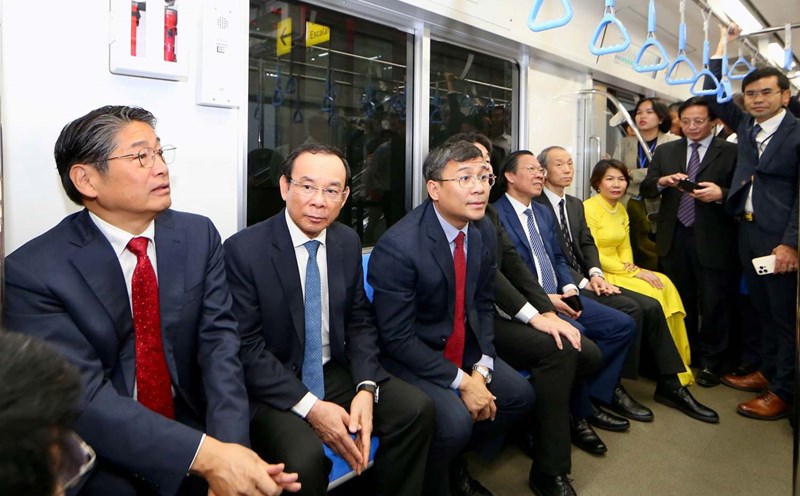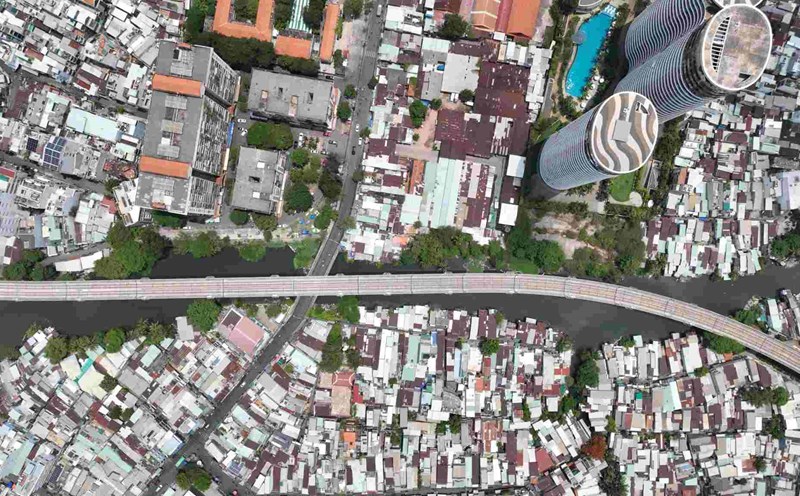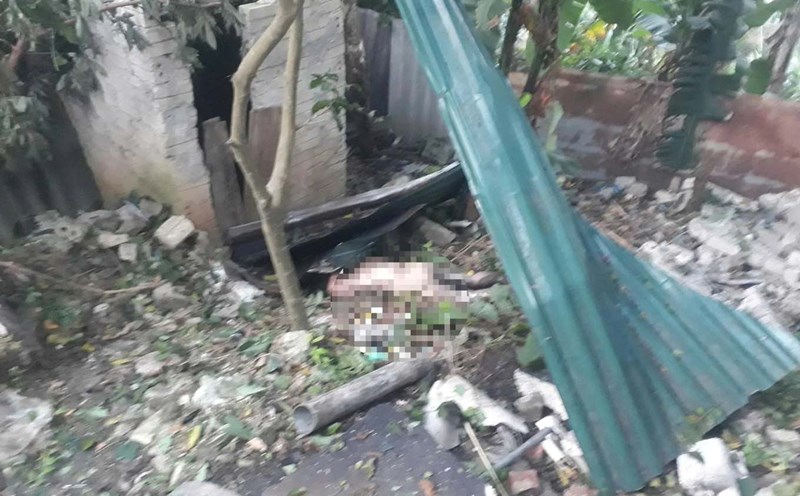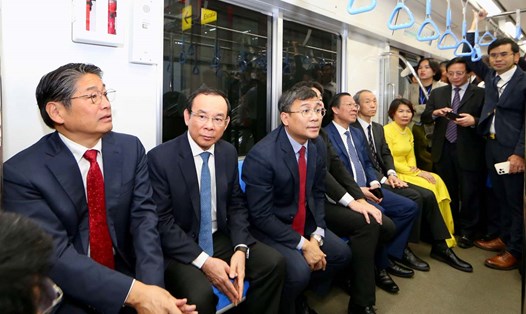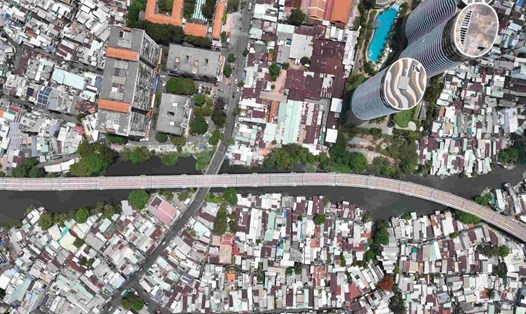The above proposal was made by Dr. Tran Du Lich at the scientific conference "New Era, Era of Rising of the Vietnamese Nation - Issues for Ho Chi Minh City and the Southeast", on December 23.
According to Dr. Tran Du Lich - Chairman of the Advisory Council for the implementation of Resolution 98, instead of converting districts into urban districts, Ho Chi Minh City should orientate the organization of qualified districts into centrally-run cities.
In the period from now to early 2030, the city needs to study and organize 1-2 new cities.
After 2030, Cu Chi and Can Gio districts can be upgraded to become cities directly under the city. Thus, the whole of Ho Chi Minh City will include a central urban area and 5 satellite cities: Thu Duc (East), West, South, North and Can Gio marine ecological urban area.
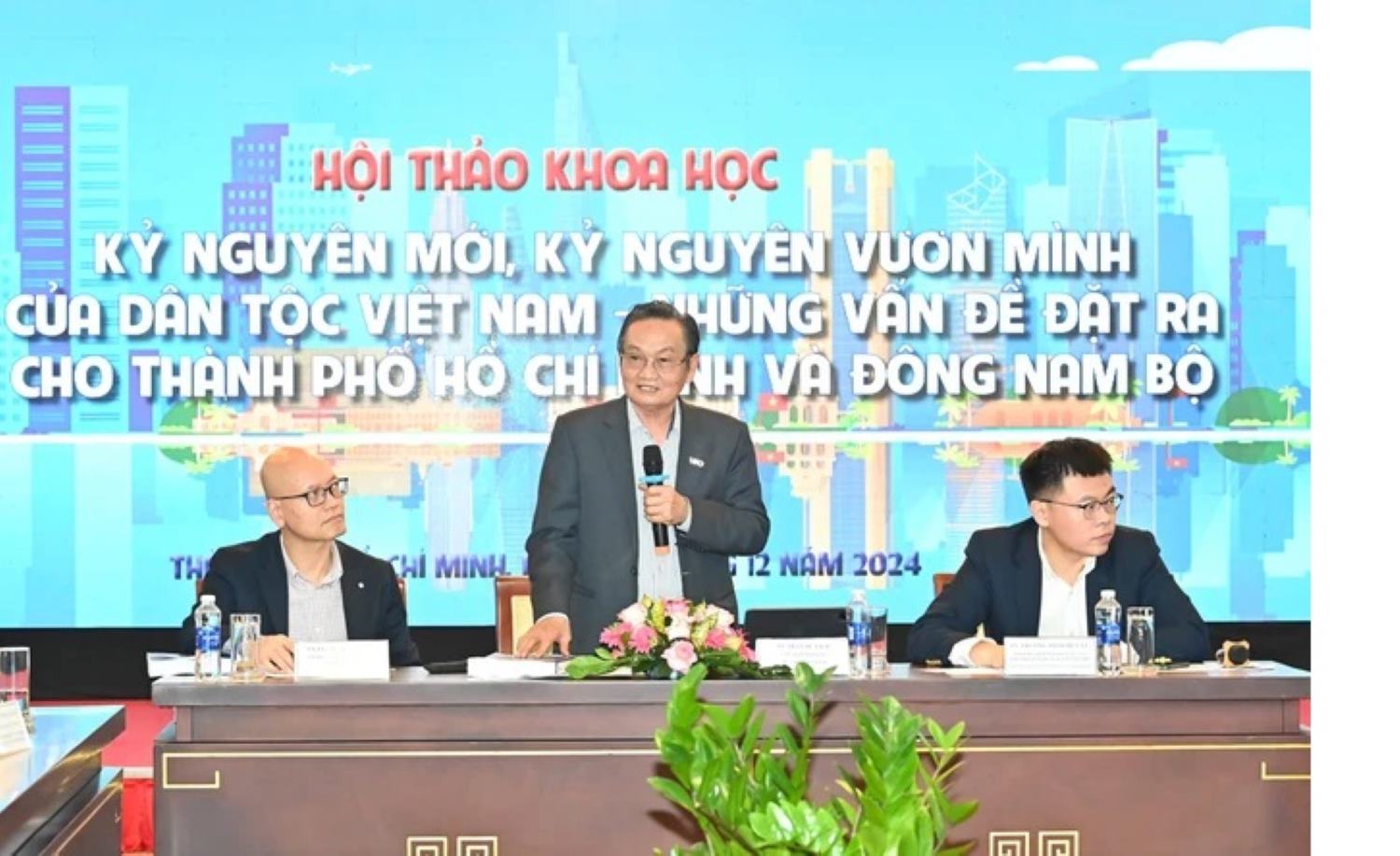
Besides, Dr. Tran Du Lich emphasized the importance of focusing on implementing strategic transport projects.
The city needs to complete Ring Roads 2, 3 and 4, and at the same time develop the North-South traffic axis as well as the Saigon River route according to the plan.
In particular, in the 2025 - 2026 period, Ho Chi Minh City needs to prioritize handling bottlenecks at gateways such as National Highway 13, National Highway 22, National Highway 1 and National Highway 50.
Dr. Tran Du Lich emphasized that the road traffic system, both domestic and foreign, needs to be completed before 2030 to create momentum for comprehensive socio-economic development.
Regarding railway traffic, the city needs to deploy the urban railway system on schedule, with the goal of completing about 355 km by 2035.
At the same time, it is necessary to implement the high-speed railway route from Ho Chi Minh City to Can Tho and study the plan to connect Can Gio with Ba Ria - Vung Tau province.
The connection of the urban railway line from Thu Thiem station to Long Thanh International Airport (Dong Nai province) also needs to be focused on to ensure effective regional connectivity and promote sustainable economic development.
According to Mr. Truong Minh Huy Vu - Director of the Ho Chi Minh City Institute for Development Studies, the city will not have any beltway before 2023. Currently, the plan to complete Beltway 2, build Beltway 3 and submit the Beltway 4 project in the next 5 years is being promoted.
Metro Line 1 (Ben Thanh - Suoi Tien) has been put into commercial operation, and Ho Chi Minh City is aiming to complete 7 other metro lines.
In addition to transportation, Ho Chi Minh City is also determined to solve the problem of eliminating houses along canals, promote digital transformation and connect with the world's leading institutes and universities to mobilize high-quality resources.
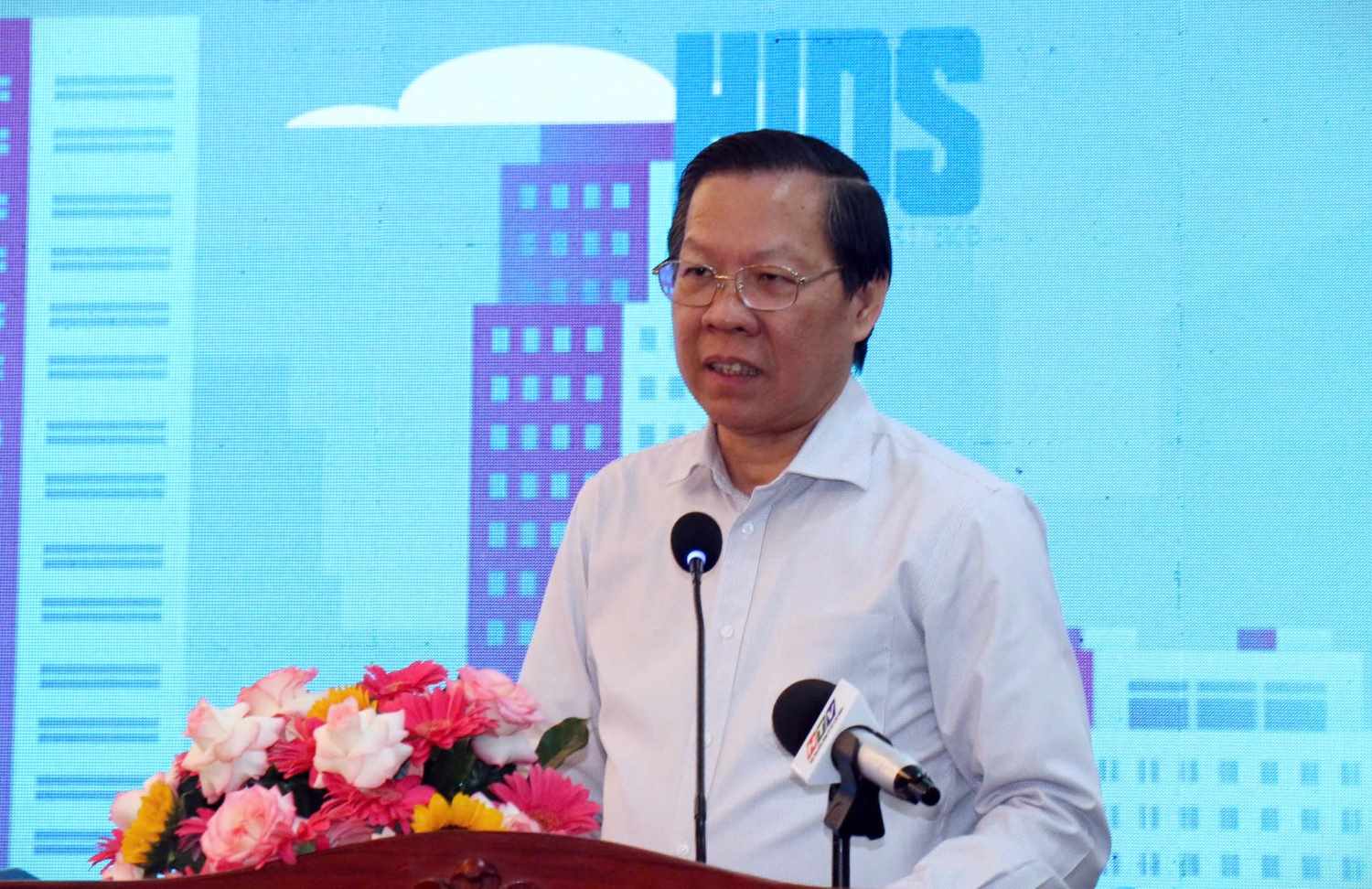
Chairman of the Ho Chi Minh City People's Committee Phan Van Mai emphasized that in the new era, Ho Chi Minh City must play the role of "main team, striker" in the development strategy of the whole country. The city cannot develop alone but needs to be placed in the general context of the Southeast and the Southern Key Economic Zone.
Mr. Mai said that concepts such as the 4.0 industrial revolution, digital transformation, green transformation or digital economy are mentioned a lot but lack a roadmap to realize. Therefore, the core is to identify the pillars, steps and results to be achieved according to each time frame.

